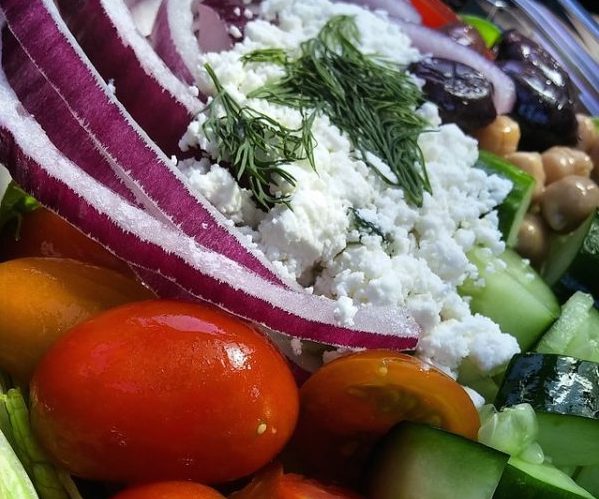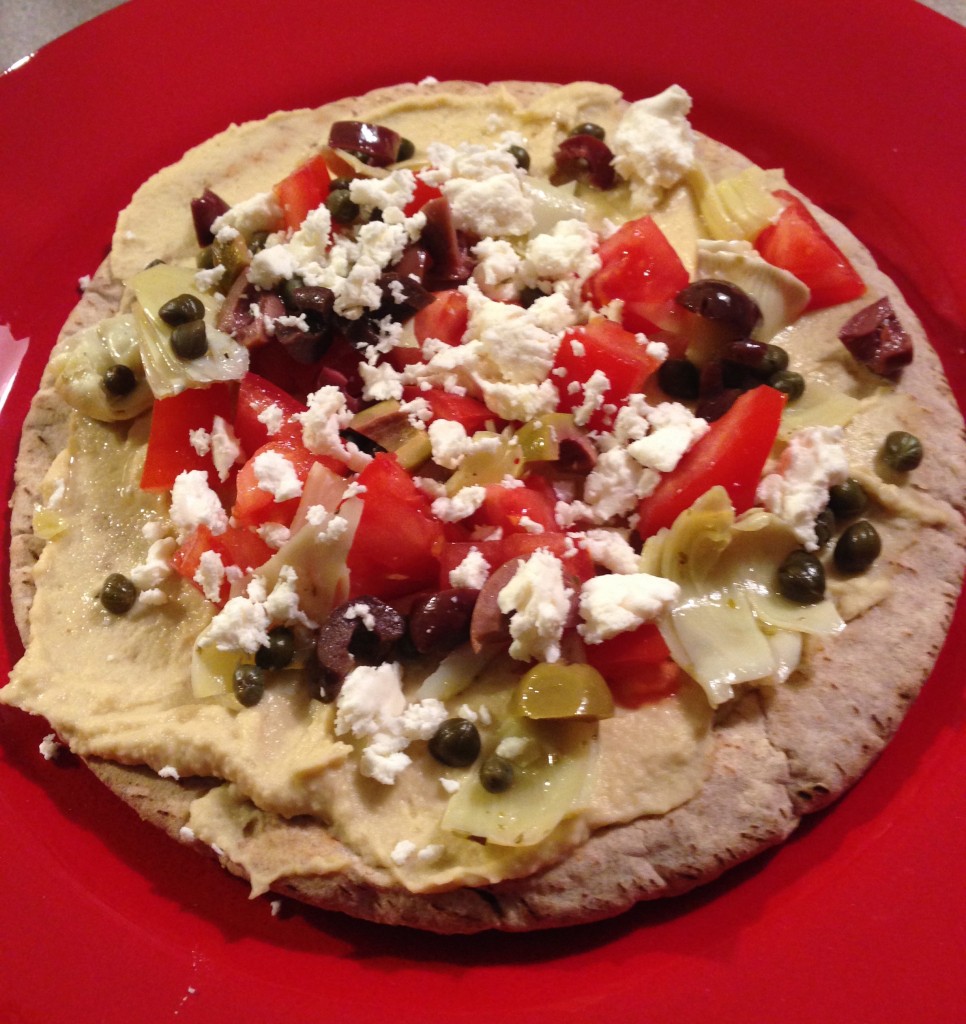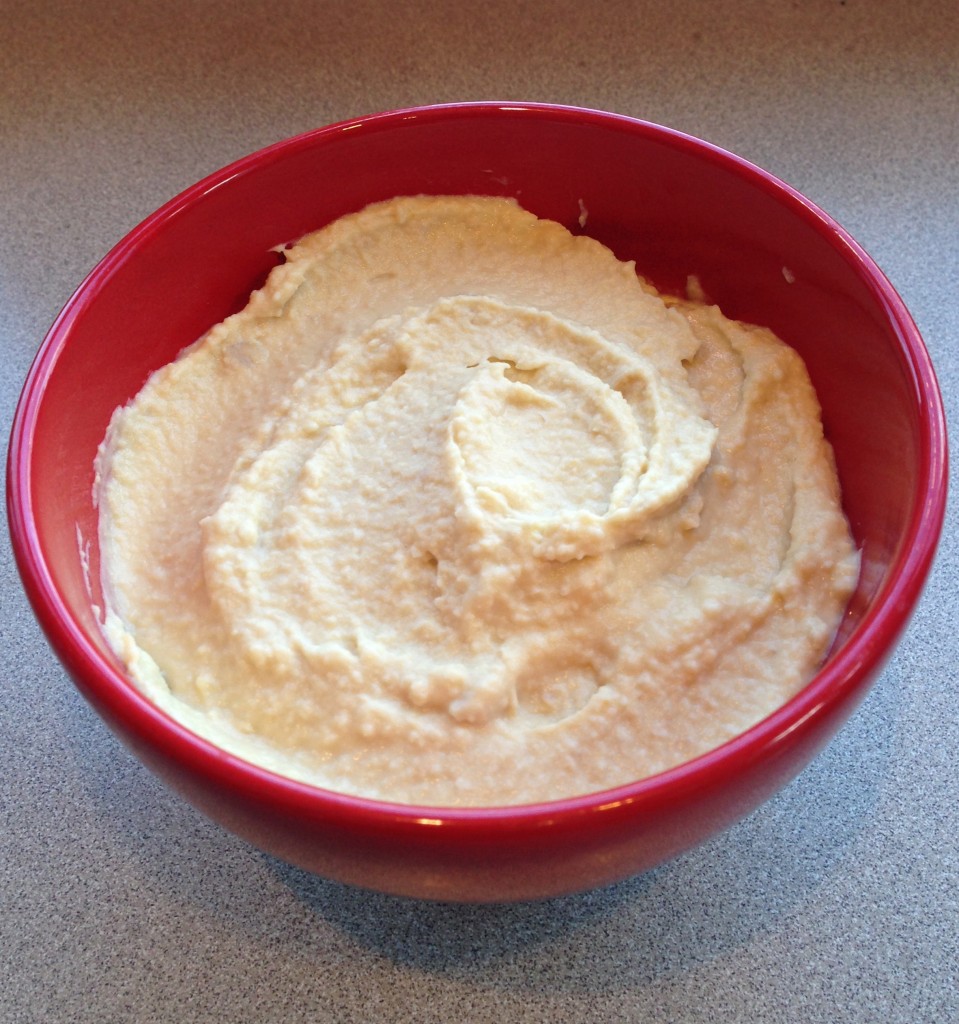
As we age, our brains shrink. Especially the parts that we rely on to learn, remember, and do other important mental activities. What if, by just following a certain diet, we could slow down the process?
A new study suggests that it might be possible. It found an association between the Mediterranean diet and less brain shrinkage among people in their 70s.
Before we all get too excited, let me explain what the study does and does not reveal.
What is the Mediterranean diet?
First of all, a Mediterranean diet is not really a diet. It’s a way of eating patterned after people living in Greece, particularly Crete, and southern Italy. If you’d like to delve more deeply into its history, read The Mediterranean Diet: A History of Health.
This is what you’re most likely to see on the plates of people who eat a Mediterranean diet:
- Lots of plant-based foods
- Fresh fruit for dessert
- Lots of beans, nuts, cereals and seeds
- Olive oil
- Cheese and yogurt as the main dairy foods
- Moderate amounts of fish and poultry
- No more than about four eggs each week
- Small amounts of red meat
- Low to moderate amounts of wine
Mediterranean diet and heart disease
We first started hearing about the Mediterranean diet in the 1990s, although health experts had recognized its benefits decades earlier. Many studies have been done over the years including one in 2013 that followed 7447 men and women at high risk of heart disease.
Participants were randomly assigned to one of three diets:
- Mediterranean diet supplemented with extra-virgin olive oil
- Mediterranean diet supplemented with mixed nuts
- Control diet (advice to reduce dietary fat)
In the two groups that ate the Mediterranean diet, the risk of a heart attack, stroke or death from heart disease was reduced by 30%. “It’s been shown to reduce deaths from cardiovascular disease, which is a big deal,” said Dr. Mary Fahrenbach, a cardiologist with MaineHealth Cardiology. “It was previously hard to demonstrate. People have to like the diet they’re going to stick with and that’s more good news about the Mediterranean diet. I think it can be a palatable diet for most people and be very sustainable.”
Mediterranean diet and brain size
The latest study, claiming a connection between a Mediterranean diet and brain health, was done by researchers in Scotland. They took a look at the eating habits of a group of 967 Scottish people around age 70 who did not have dementia. The participants filled out a form describing what they ate and how frequently and what foods they avoided.
Based on their answers, they were divided into two groups — people whose eating habits were aligned with a Mediterranean diet and people who didn’t even come close. At age 73, 562 had a brain scan to measure overall brain volume, gray matter, and thickness of the outer layer of the brain. 401 people had a second MRI at age 76.
When the results were compared, the average brain volume loss was significantly different between the two groups. The brain volume of those who followed the Mediterranean diet most closely was 10 millimeters greater than those who did not. That’s half the brain shrinkage usually associated with normal aging.
The Scottish study may be promising but it doesn’t provide all the answers to why or how what you eat can improve your brain health. Other research has shown that eating a Mediterranean-style diet is linked to less meat and more fish in the diet. But the Scottish researchers suggest that it’s the plant-based foods in the diet that make the difference. More studies will need to be done to figure out specifically what caused the reduced brain shrinkage.
Another question that hasn’t been answered is whether starting to eat a healthier diet when you’re, say, middle-aged would also affect your brain health or if needs to be your pattern of eating throughout your entire life. Other research has shown that the sooner you make healthy food choices, the better.
Recipes from a Mediterranean diet
Even without all the answers, enough studies have been done that prove the overall health benefits of a Mediterranean diet.
If you’re feeling motivated to give it a try, here are some easy recipes to get you started.
Pita Pizzas
Ingredients
- 1/4 cup olive oil
- 2 TBS red wine vinegar
- 1 small shallot, sliced
- Salt and pepper
- 4 8-inch whole-wheat pitas, lightly toasted
- 1 cup hummus (recipe below)
- 1 cup chopped tomatoes
- Handful of capers
- Handful of artichoke hearts
- Handful of pitted Greek olives
- 1/2 cup crumbled feta cheese
- 1/2 cup chopped fresh parsley and/or other herbs
Instructions
- Whisk together the olive oil, vinegar and salt and pepper to taste. Add the shallots. Set aside.
Hummus
Ingredients
- 1 can garbanzo beans (chickpeas). Drain and reserve the liquid.
- Juice of one lemon
- 1/4 cup olive oil
- 2 cloves garlic, peeled and sliced
- 1 TBS liquid from the garbanzo beans
- Dash or two of hot sauce
Blend all of the ingredients in the food processor until fairly smooth.
Making the pizzas
Spread hummus over the pitas. Sprinkle the tomatoes, capers, artichoke hearts, Greek olives, and feta cheese on top. Drizzle on some of the olive oil mixture. Top with fresh herbs. Enjoy!
You can add or substitute other toppings, preferably fresh vegetables.
I can vouch for these recipes. I’ve made and eaten the pizzas and hummus many times. I’ve licked my fingers and sighed contentedly. All in the name of healthy eating.




Great information, thankfully all of the foods that I love.
Me, too!
Valuable informations